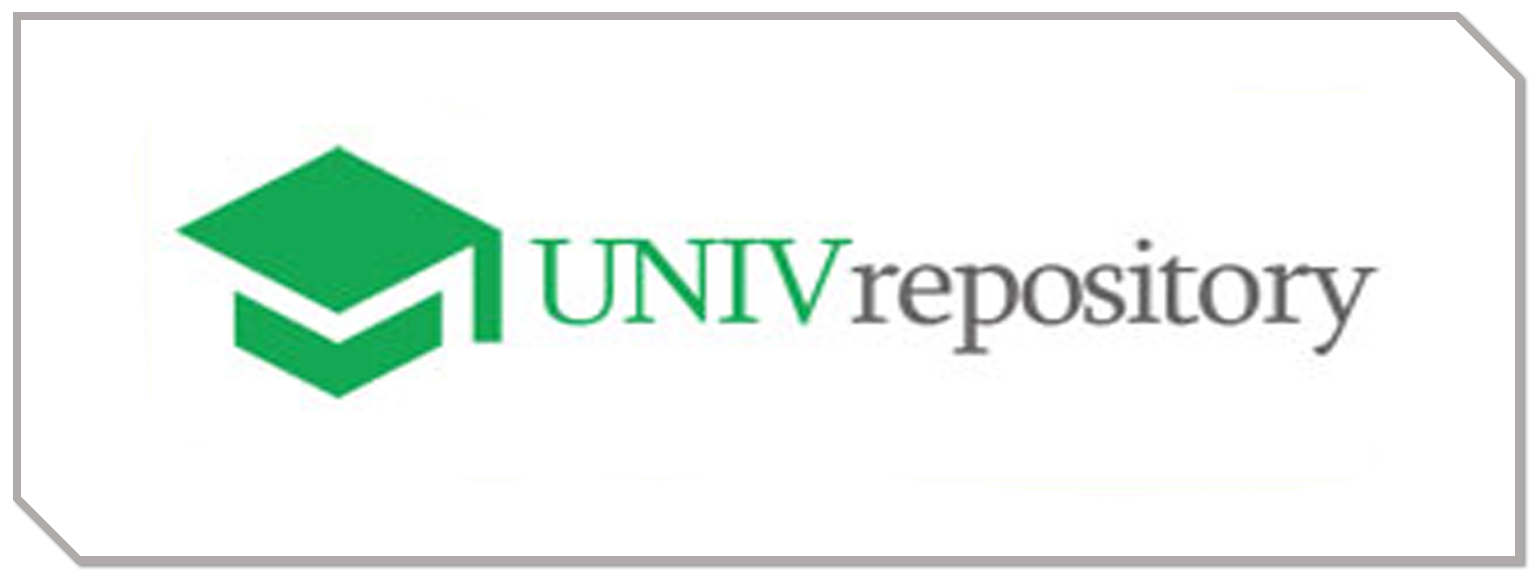EVALUASI EFEKTIVITAS PENERAPAN MANAJEMEN BERBASIS SEKOLAH (MBS) DALAM MENINGKATKAN MUTU PENDIDIKAN DI SEKOLAH DASAR
DOI:
https://doi.org/10.38153/almarhalah.v8i2.104Keywords:
School Based Management, Quality of Education, Elementary SchoolAbstract
The Indonesian government is trying to improve the standard of education that has so far lagged behind. To realize the quality of education in better school-based management, local support is needed in directing, checking and assisting schools in administration and educational experience. Elementary school education is a level of education that is part of the basic education level and is the foundation of knowledge and helps children grow and develop optimally through teacher-guided learning, so that it becomes the main tool in improving the quality of human resources. The main task of education is to develop the potential of human resources (HR) through various organizations, both governmental and non-governmental. One way of regulating it is through School-Based Management (SBM), which functions as a tool to manage the essence of teaching. Internal and external services provided by the school are directly supervised. This is in accordance with the philosophy of decentralization, which provides benefits to the community and school members by allowing principals, students, parents, and teachers to be involved in decision-making in a transparent, accountable and participatory manner. School-Based Management aims to improve the quality of education by involving cooperation from various parties, including principals, teachers, parents, and other stakeholders, as well as paying attention to facilities and infrastructure, motivation, self-concept, interests, and learning independence. In implementing the essence of education, schools seek their arrangements by implementing school-based administration. The purpose of this study was to determine how effective school-based management or MBS is in overcoming problems in schools and improving the quality of education in elementary schools. Qualitative descriptive methods are one of those used in this study. The diversity of information is generated through significant web-based writing and journals.
References
DAFTAR PUSTAKA
Ai Judiyyah Fahmi. (2024). Menyoal Problematika Rendahnya Mutu Pendidikan Di Indonesia. Jurnal Ilmu Pendidikan, 1(1), 1–11.
Aulia Diana Devi, & Subiyantoro. (2021). Implementasi Manajemen Berbasis Sekolah Dalam Meningkatkan Kualitas Di Sekolah Menengah Pertama. Edukatif : Jurnal Ilmu Pendidikan, 3(3), 963–971. https://doi.org/10.31004/edukatif.v3i3.481
Azis, A., Pd, S. I., Sdn, M., & Batumandi, K. (2020). Evaluasi Pelaksanaan Manajemen Berbasis Sekolah (MBS) (Vol. 6, Issue 1).
Dakir, & latifah Husien. (2017). Manajemen Berbasis Sekolah (MBS) (1st ed.). K-Media.
Desiana, D. N., Putri, K. T., Metravia, M., & Marini, A. (2024). Studi Pustaka dalam Efektivitas Pemanfaatan Perpustakaan Sekolah untuk Meningkatkan Minat Baca Siswa di Sekolah Dasar. Jurnal Pendidikan Guru Sekolah Dasar, 1(3), 15. https://doi.org/10.47134/pgsd.v1i3.601
Endang Komara, Moch. Apip, Sukamto, & Marup. (2023). Aktualisasi Manajemen Berbasis Sekolah (MBS) Berbasis Pendidikan. Adabuna : Jurnal Pendidikan Dan Pemikiran, 1(1), 46–59.
Gabe, G., & Siregar, S. (2020). Pengaruh Kepemimpinan Kepala Sekolah, Peran Komite Sekolah Dan Kinerja Guru Terhadap Efektivitas Manajemen Berbasis Sekolah Di Man Kota Medan. Jurnal EduTech, 6(2).
Gusti, G., & Masduki, M. (2022). Regulasi Penjaminan Mutu Pendidikan di Indonesia. Jurnal Intelektualita: Keislaman, Sosial Dan Sains, 11(1), 35–40. https://doi.org/10.19109/intelektualita.v11i1.10724
Fauziyah, Nur Laily, Nabil, and Aldian Syah. “Analisis Sumber Literasi Keagamaan Guru PAI Terhadap Siswa Dalam Mencegah Radikalisme Di Kabupaten Bekasi.” Edukasi Islami: Jurnal Pendidikan Islam Vol 11 (2022): 503–17.
Hardani, Nur Hikmatul Auliya, Roushandy Asri Fardani, Jumari Ustiawati, Evi fatmi Utami, Dhika Juliana Sukmana, & Ria Rahmatul Istiqomah. (2020). Metode Penelitian Kualitatif & Kuantitatif.
Moh. badaruddin hadi, Sri Tatminingsih, & Jarnawi Afghani Dahlan. (2022). Profil Penerapan Manajemen Berbasis Sekolah Dalam Mewujudkan Mutu Pendidikan Sekolah Dasar Islam Terpadu Di Kecamatan Nongsa Kota Batam. Jurnal Dedikasi Pendidikan, 6(2), 303–320. http://jurnal.abulyatama.ac.id/index.php/dedikasi
Nadeak, B. (2022). Manajemen Berbasis Sekolah (MBS) (Pertama, Vol. 1). Widina Bhakti Persada . www.penerbitwidina.com
Nasrul, Hurriyati, Nellitawati, & Yahya. (2024). Kepemimpinan Kepala Urusan Tata Usaha Sekolah Dalam Manajemen. Jurnal Niara, 17(1), 1–8.
Novelita, N., & Devian, L. (2023). Strategi Pengembangan Profesionalisme Guru Dalam Konteks Manajemen Berbasis Sekolah Dasar Di Era Digital. Modeling: Jurnal Program Studi PGMI, 10(3).
Rahmadi. (2011). Pengantar Metodologi Penelitian (1st ed.). Antasari Press.
Sari Mahwati Hasibuan. (2021). Implementasi Manajemen Berbasis Sekolah Dalam Meningkatkan Mutu Pendidikan. Tadribuna: Journal of Islamic Management Education e Issn, 2, 1–9.
Sarwo Edy, Sumarta, Sunaryati, & Mustofa. (2023). Efektifitas Kinerja Manajemen Berbasis Sekolah Dengan Menggunakan Pendekatan Balanced Scorecard Pada Peningkatan Mutu Smp Al Azhar Syifa Budi Legenda. Edusifa: Jurnal Pendidikan Islam, 8(2), 34–45. https://doi.org/10.56146/edusifa.v8i2.98
Setiawan, M. R., Sudrajat, A., & Tedjawiani, I. (2022). Manajemen Berbasis Sekolah (MBS) dalam Meningkatkan Mutu Sekolah (Studi Deskriptif tentang Peran Kepala Sekolah dalam MBS Pada SMPN 3 dan SMPN 4 Malangbong). In JIIP-Jurnal Ilmiah Ilmu Pendidikan (Vol. 5, Issue 5). http://Jiip.stkipyapisdompu.ac.id
Suarga, & Armiana. (2022). Implementasi Manajemen Berbasis Sekolah Dalam Meningkatkan Prestasi Belajar Peserta Didik Di Sma Muhammadiyah Sungguminasa Kec. Somba Opu Kab. Gowa. Jurnal Pendidikan Kreatif, 3, 94–101.
Tontowi, A. H., Untari, M. F. A., & Kiswoyo, K. (2022). Implementasi Manajemen Berbasis Sekolah Dalam Meningkatkan Mutu Pendidikan Di SDN 2 Kaliwenang Kabupaten Grobogan. Wawasan Pendidikan, 2(2), 600–606. https://doi.org/10.26877/wp.v2i2.10064
Downloads
Published
Issue
Section
License
Copyright (c) 2024 Nurul Fadllillah, Baharuddin

This work is licensed under a Creative Commons Attribution-NonCommercial-ShareAlike 4.0 International License.









